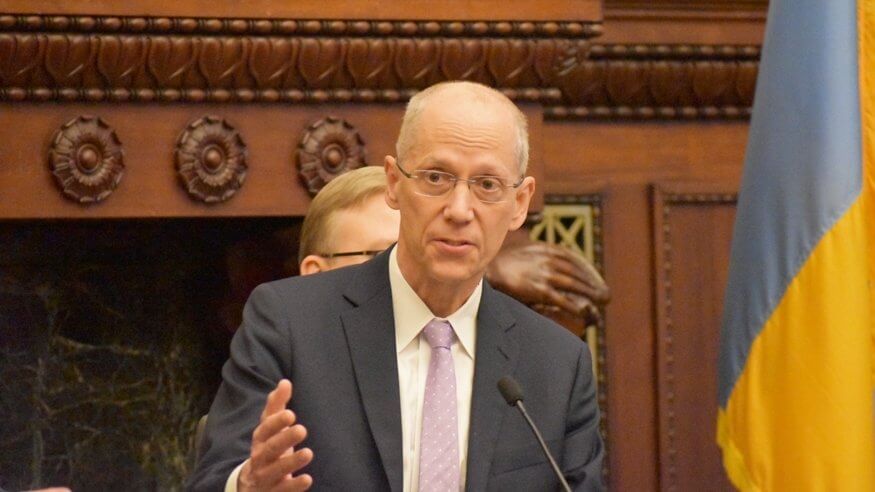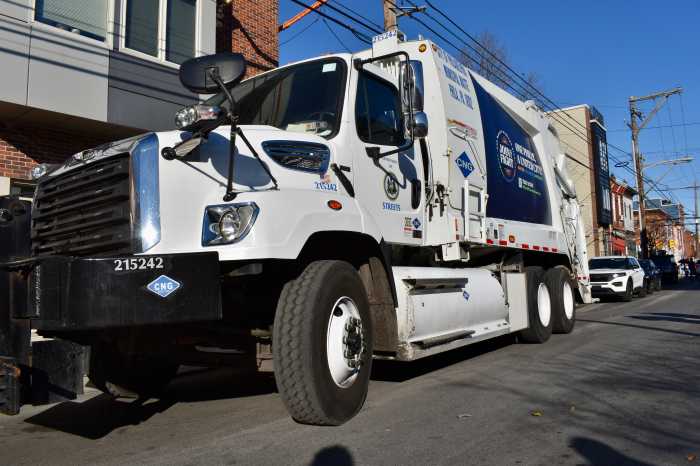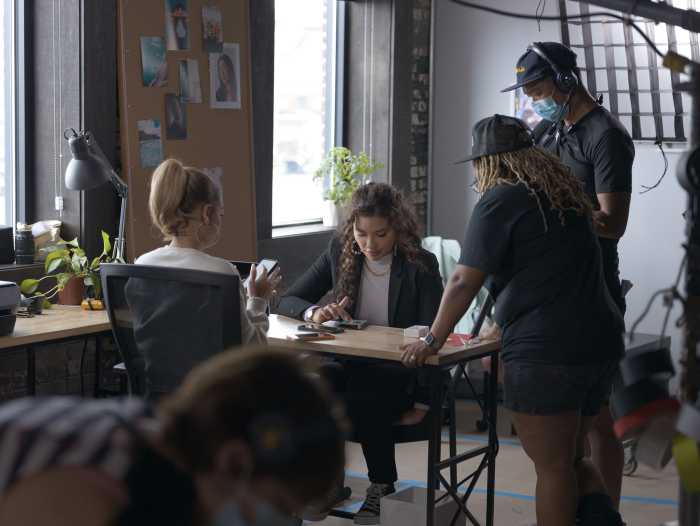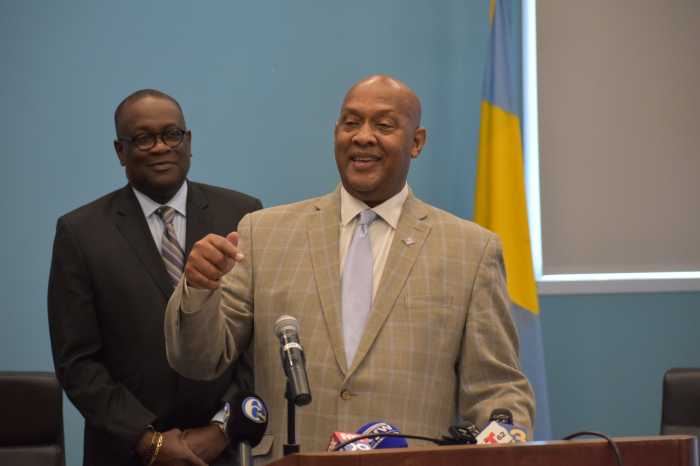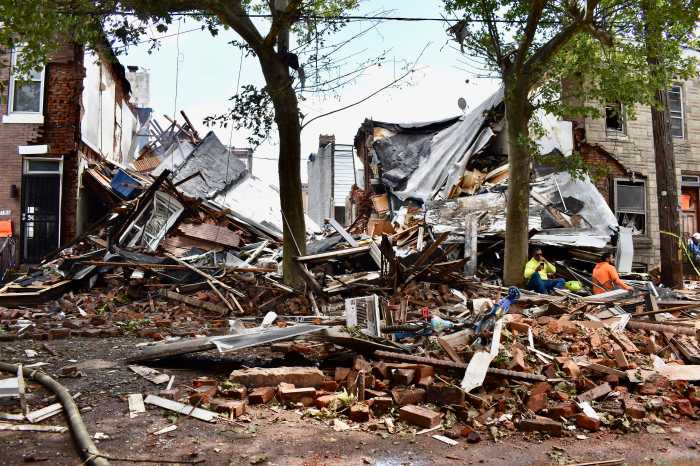Philadelphia Health Commissioner Dr. Thomas Farley announced on Sunday that there are eight confirmed cases of COVID-19 in Philly at this time.
Officials told outlets in the daily briefing that there are four new patients as of yesterday, and three are confirmed to be at home in isolation.
The first patient is a male in his 30s who was exposed to international travelers, but at the time, they were not known to be ill. Another male in his 30 who has had no known contact with any individuals with COVID-19, but frequently travels, also has the virus. A woman in her 60s who was exposed to travelers who have tested positive for the virus is also in home isolation. The final patient is a male in his 20s, but there was no further information about him at this time.
A release states that the city is waiting for test results of 45 other possible cases. There are also 87 people who are at medium or high-risk contact with cases that the city is monitoring.
“These new cases appear to be spread from people who had not yet developed symptoms,” Farley during the briefing Sunday. “So we expect the number of cases to grow rapidly in this phase of the epidemic. Because of that, and because of increased testing availability, we are now encouraging physicians to test more widely. And that will help with containment.”
Despite no affiliation with the Philadelphia school system, the schools will still be shut down as a result of Gov. Tom Wolf’s announcement. On Friday, Wolf announced that all k-12 schools in the state of Pennsylvania will be shut down for two weeks.
Wolf said in a release that “Pennsylvania has taken a different approach than most other states and countries.”
Where there is evidence of exposure to COVID-19, the commonwealth has taken decisive action. Closing schools and early learning centers – both public and private, prohibiting visitors from entering senior care and long-term care facilities, and closing government offices. We will continue to monitor this situation as it unfolds to determine if – and when – we will do this in other counties in Pennsylvania.”
The City of Philadelphia also announced that there are new restrictions on public gatherings and events to help prevent the spread of COVID-19. Gatherings of 1,000 or more people are not allowed for the next 30 days, a release states.
The city is also recommending events with 250-1,000 people be canceled. This includes both sporting events and faith-based services.
The following release details guidance for public gatherings:
- Public events with an expected attendance of 1,000 or more are prohibited effective immediately.
- The Department of Public Health strongly recommends not holding gatherings of more than 250 attendees, with a gathering defined by the number of persons in a single room or space. In view of the risk, those planning non-essential gatherings may choose on their own to discontinue gatherings of smaller sizes. If groups choose to hold large gatherings, they should carefully adhere to the recommendations below.
- People who are sick with fever and recent onset of cough should NOT attend, and should instead stay away from other people.
- Discourage persons with chronic illnesses (such as heart disease, diabetes, or kidney disease) and persons above the age of 60 from attending because of the risk to their own health.
- Try to offer alternative distant viewing and participation options, such as by video or audio recording or live streaming, and reduce in-person participation by encouraging use of these options.
- Arrange to increase the physical distance between attendees to three feet or more, such as filling only alternate seats.
- Provide alcohol-based hand sanitizer to attendees, and ask all attendees to wash hands or clean them with alcohol-based hand sanitizer before the meeting or event.
- Instruct attendees to refrain from shaking or holding hands or otherwise touching each other at the gathering.
- Do not offer or allow attendees to share cups, bowls, utensils, food or drink, for example, at faith gatherings.
- Do not offer food and drink, because it increases the likelihood that people will come in proximity and share these.
- Post signs explaining these procedures at entryways and announce them during the event.



